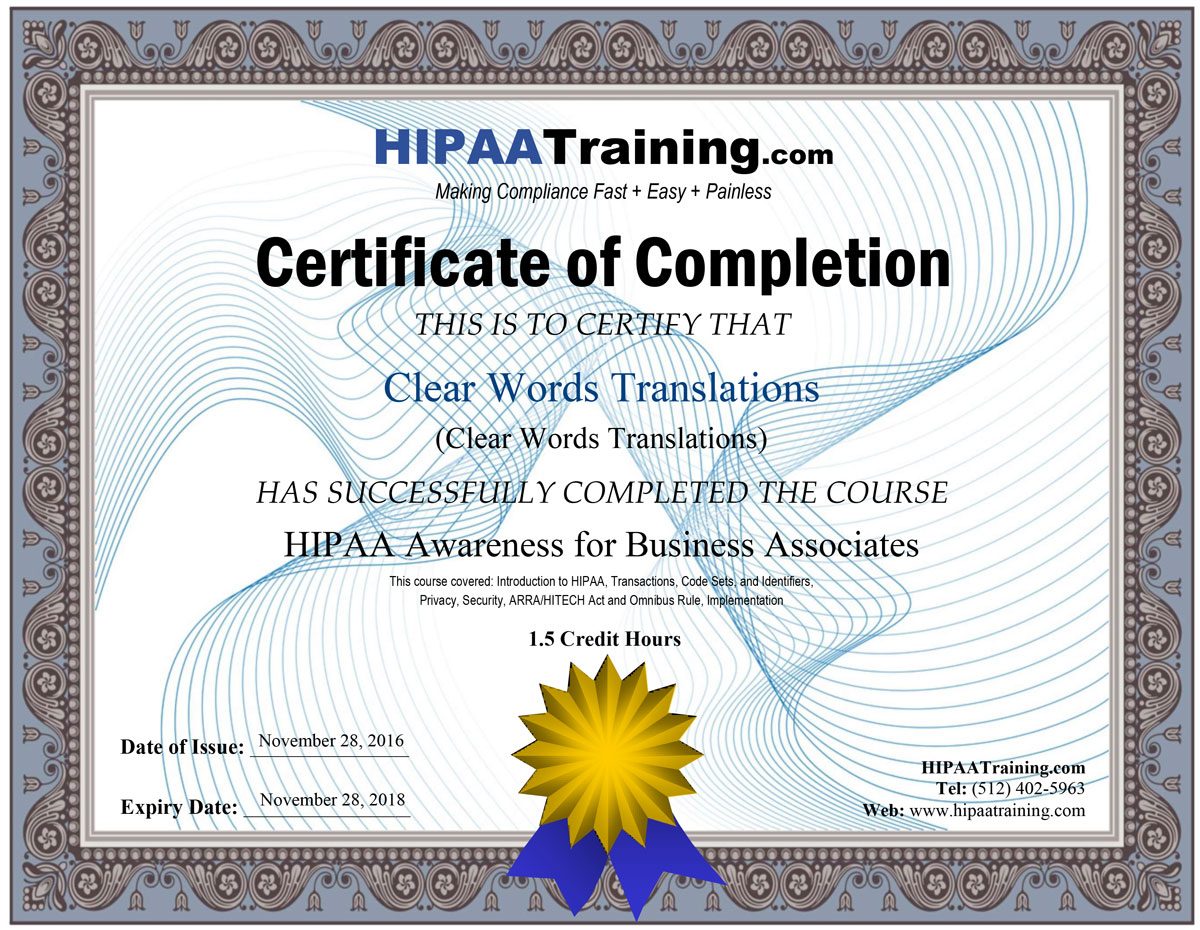Top 5 Specializations for Translators in 2020
CLEAR WORDS
TRANSLATIONS
All News
7月 12, 2019 |
Top 5 Specializations for Translators in 2020
Are you thinking about choosing a niche in the translation industry, but have no idea what’s the best fit for your skills? Specializations for translators are an excellent way to narrow their focus on a specific industry and become a Subject Matter Expert (SME).
In time, this approach will help you master your skills, which means you’ll be able to work with higher quality clients and charge more for your services.
Choosing a specialization takes time and can be hard. As a general rule, you should always pick an area that you have an interest in. There’s going to be a lot of reading during and between translation projects, so go for something you enjoy researching.
While many people start with their current jobs or hobbies, there’s more to this business that doing what you love. Specializations for translators should also pay the bills, so target fields that can generate well-paid work regularly.
Here are the top five specializations for translators in 2019 and beyond.
1. Legal Translation
Legal translation is one of the specializations for translators that require specific qualifications. It involves working with official documents, often related to the legal system, so people’s lives and well-being are in your hands. Legal translators need to provide accurate translations to be successful.
Legal translation services have many subdivisions, and there’s plenty of work available for people with the right skills.
International contracts, for instance, have seen a growing demand for translation and localization. For such services, you need in-depth knowledge of specific terminology, depending on each industry. Moreover, you should be very familiar with the legal systems in both the source and target languages and countries.
A good legal translator can express the ideas written in the source text without ambiguity. If you have a natural talent for using simple structures and expressing concepts as clearly as possible, this could be the job for you.
Remember that companies pay attorneys serious money for their contracts. Everything can be lost if the translation into a second language isn’t accurate.
Multilingual business contracts generate consistent income especially for people who translate in language pairs that include English, Spanish, German, Russian, Chinese, and Korean.
As a legal translator, you may need to be registered with official institutions, such as the Ministry of Justice or a regional court. Each country has its own regulations for legal translations, so you should check with the local authorities before taking assignments in this niche.
2. Medical Translation
Medical translation isn’t the most lucrative niche in this list, but it still pays very well. As a medical translator, you can find work from healthcare providers, doctors, and companies operating in the pharma industry.
It’s another area that leaves little to no room for errors. Every word matters, so interpretation and substitutions must be kept to a minimum.
This specialization requires excellent translation skills, as well as extensive knowledge of medical terminology. Moreover, when working with pharmaceutical companies, you should know protocols and law regarding the approval process for medical products and equipment.
Clients in this niche usually prefer certified translators. Also, if you want to build a business in medical translation, you should be ready to work with NDAs and confidentiality agreements while respecting high-quality standards.
3. Business and Finance Translation
According to GALA, the engine of the translation industry are the organizations that need to make their products and services available in multiple languages. This is currently the most profitable specialization for translators, as it provides a large number of clients and many high-paying jobs.
Business people need translation services mostly in areas like marketing, finance, and corporate communications. However, this niche has a subdivision for every business area, so there’s plenty of work available even for people with little experience in translation.
What these clients are searching for are often translators with business degrees or significant work experience in their area. They’re the ideal client for translators who have a corporate background and are now looking to build a career in translation.
4. Industry and Technical Translation
Technical translation is still one of the most productive specializations for translators worldwide. It often includes lengthy technical documentation and specific words, so it’s a good fit for people with industry-related studies.
If you choose this niche, you’ll work with scientific and engineering content. Software and tech companies often need translators for user manuals, technical user guides, product specifications, technical descriptions, lists of spare parts, and many other industry-specific documents.
With so many startups looking to reach international audiences, you can get consistent paid work to support your translation business.
5. Literary Translation
Many people see literary translation as a whole different game. And they may be right. Literary translations make up the highest-paying translation services, but they also require specific skills, such as empathy and creativity.
This field has little to do with the number of distinct terms you master. It’s about making choices and knowing an audience well enough to capture attention without changing the original message.
Literary translation is an art. It’s rewriting literature without changing the original tone of voice while respecting the norms of a new language.
Success in this niche requires attention to detail, the ability to read and understand profound messages, as well as excellent writing skills in the target language.
Why Specializations for Translators Can Make a Difference
The language industry has been expanding to deal with high volumes of work, as more companies turn to translation and localization services. Language service providers of all sizes have expanded their offering to provide translation for software, pharmaceutical, manufacturing sectors, and many other niches.
Without choosing a niche in the industry, it’s going to be hard to stay productive. When you focus your efforts on a specific area, you can improve your skills, build a steady network of clients, and invest in the right tools that enable you to speed up the translation process.
Keep an open mind and try to work in a niche that you like, without ignoring your financial needs.
These five specializations for translators are a guideline, mostly based on current global market trends. However, businesses today operate in ever-changing dynamic environments, so, who knows? Maybe science-fiction will become the hottest specialization in a couple of years!










